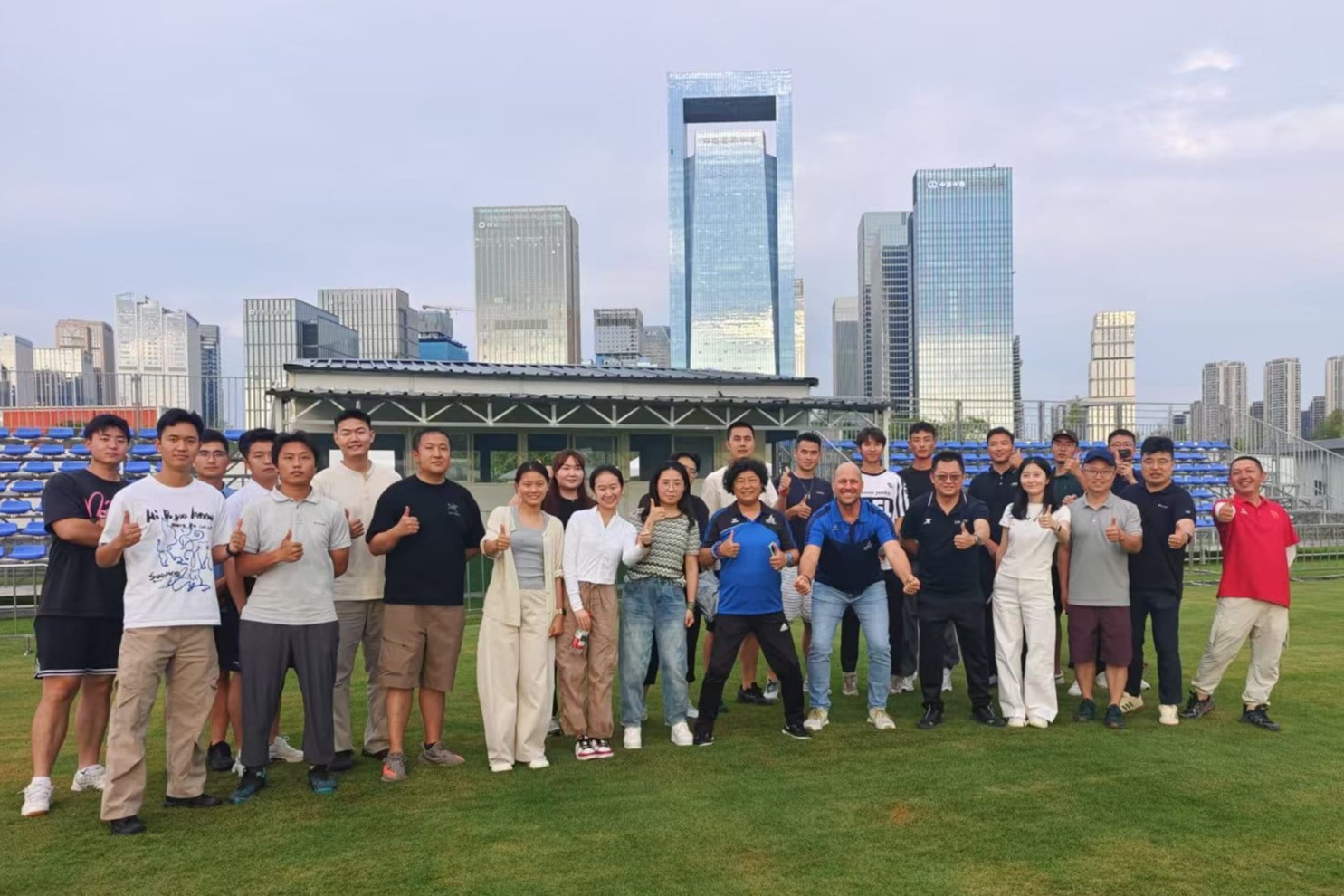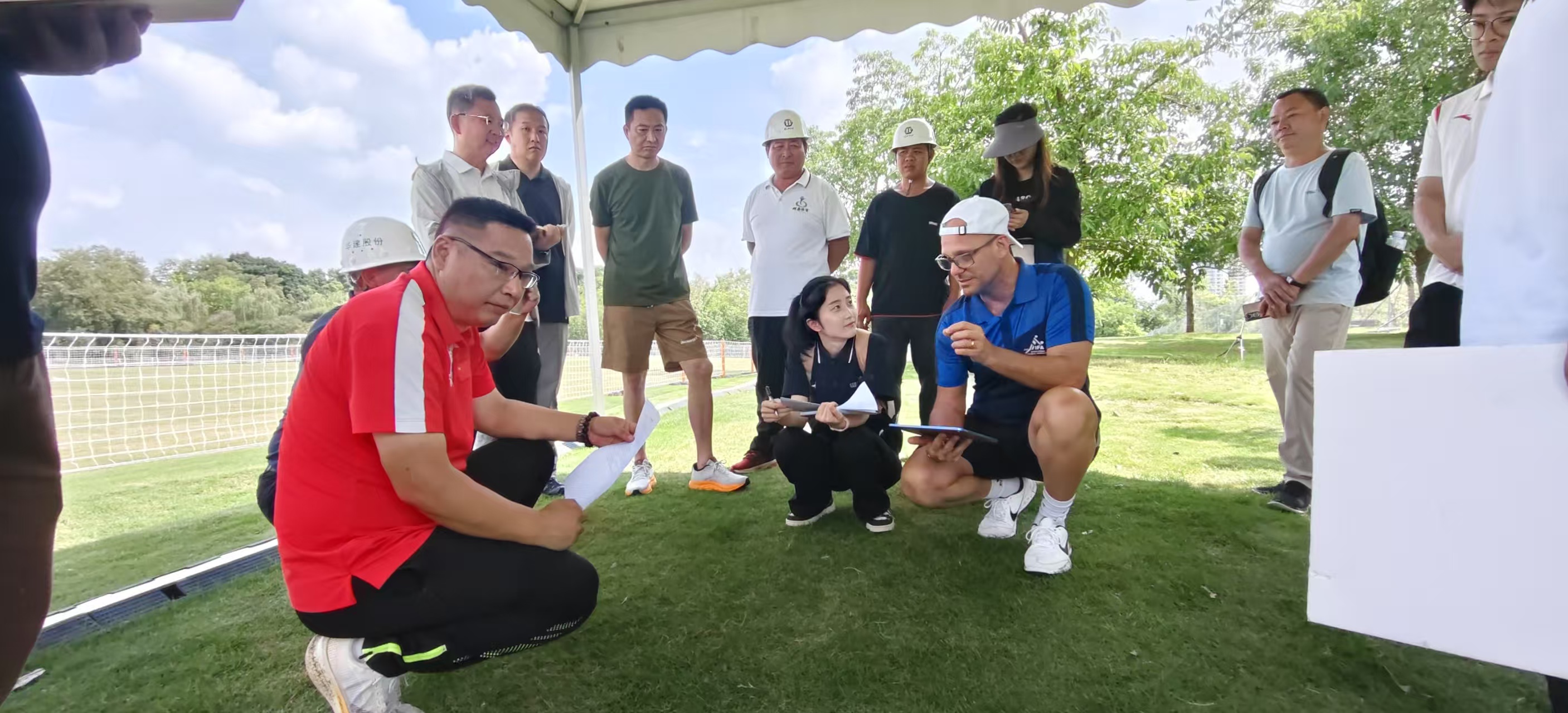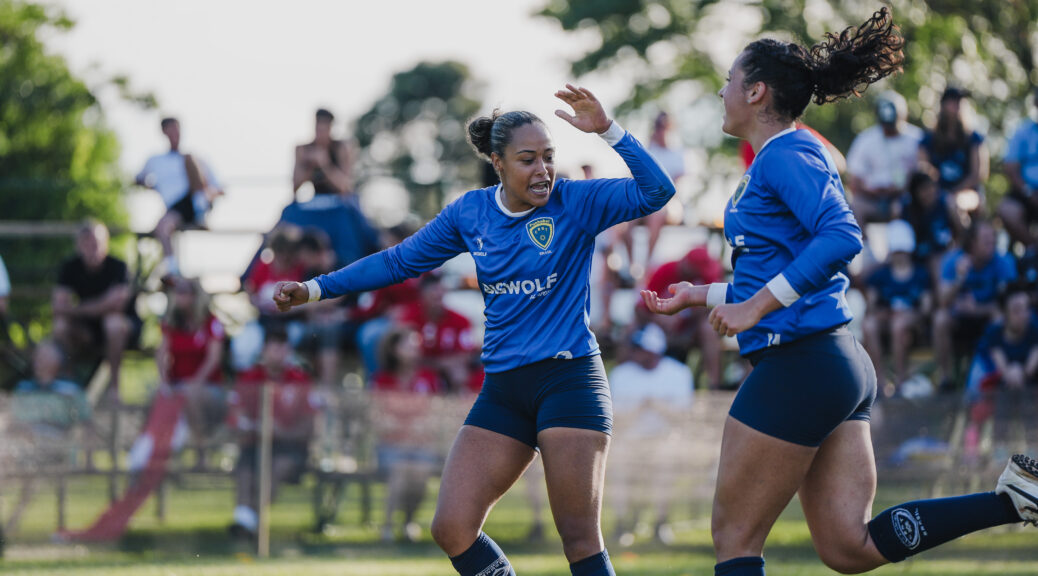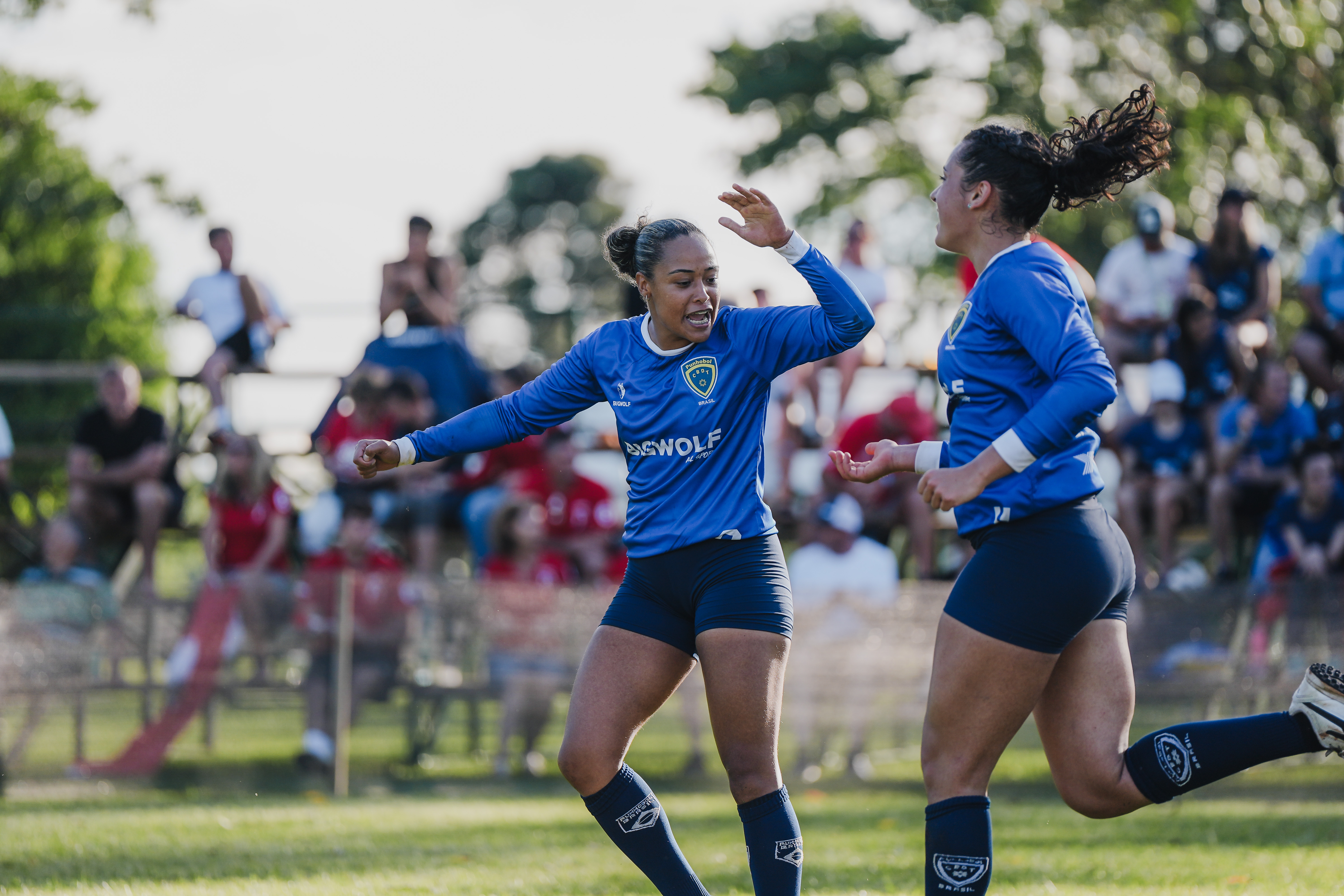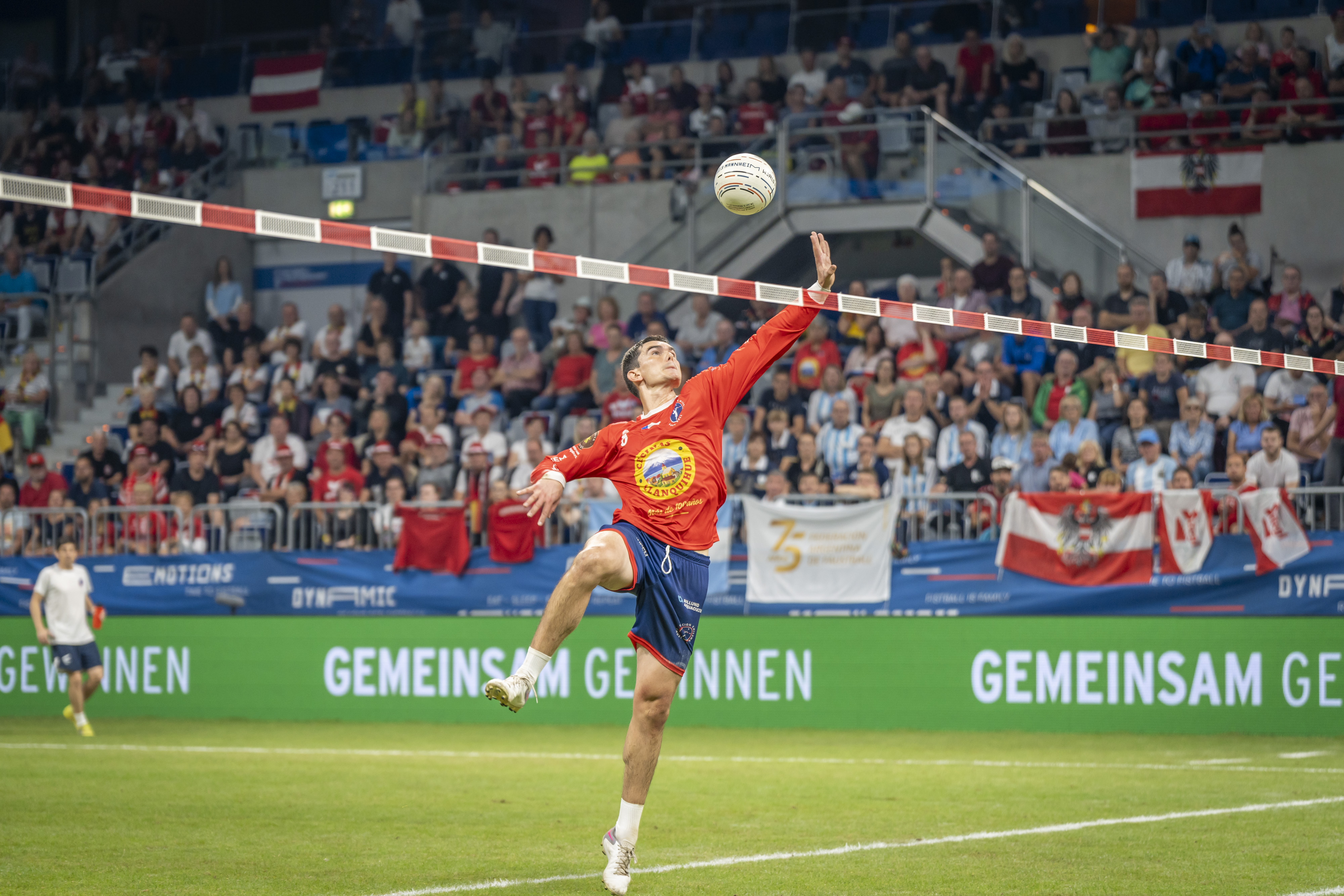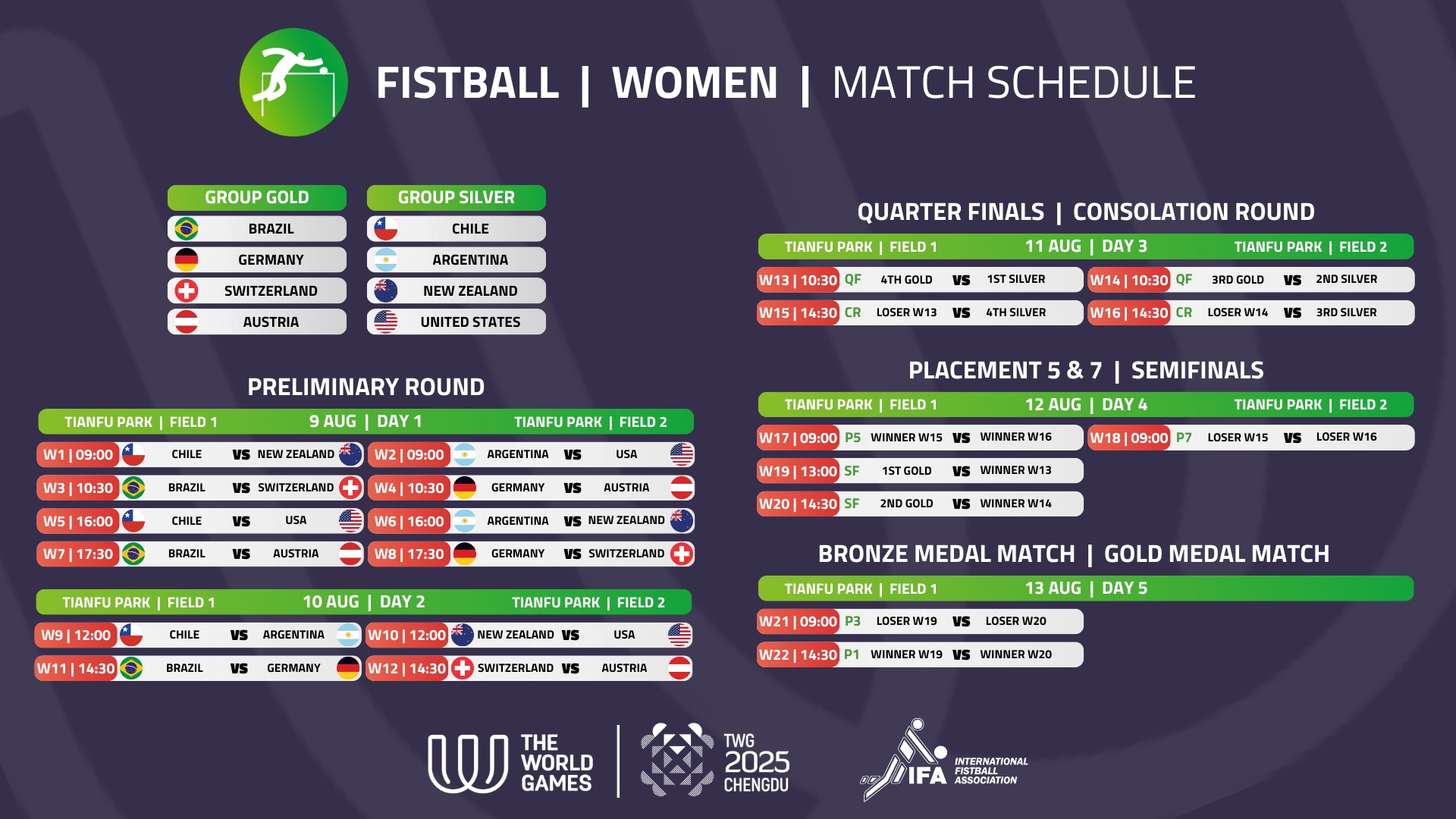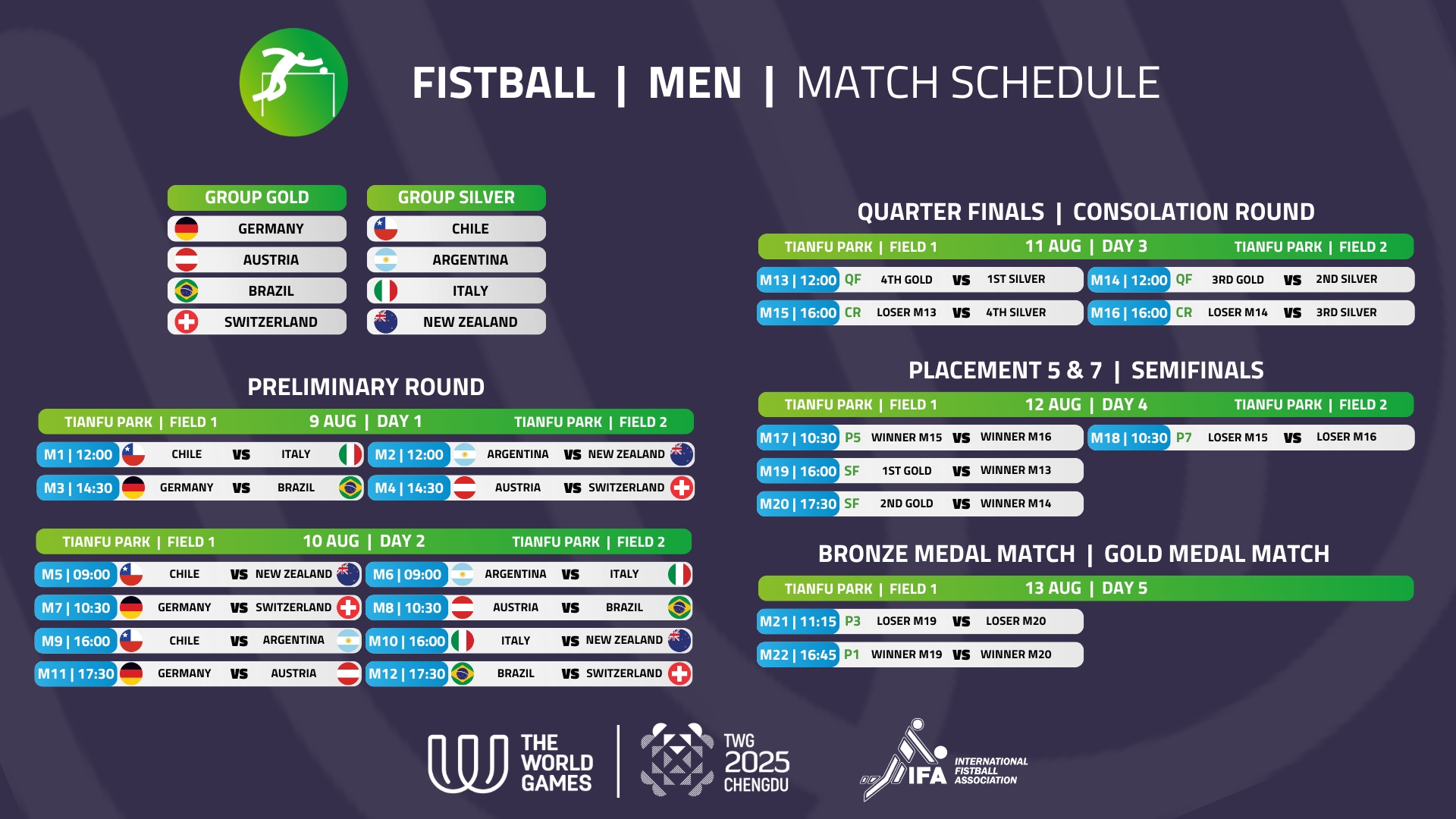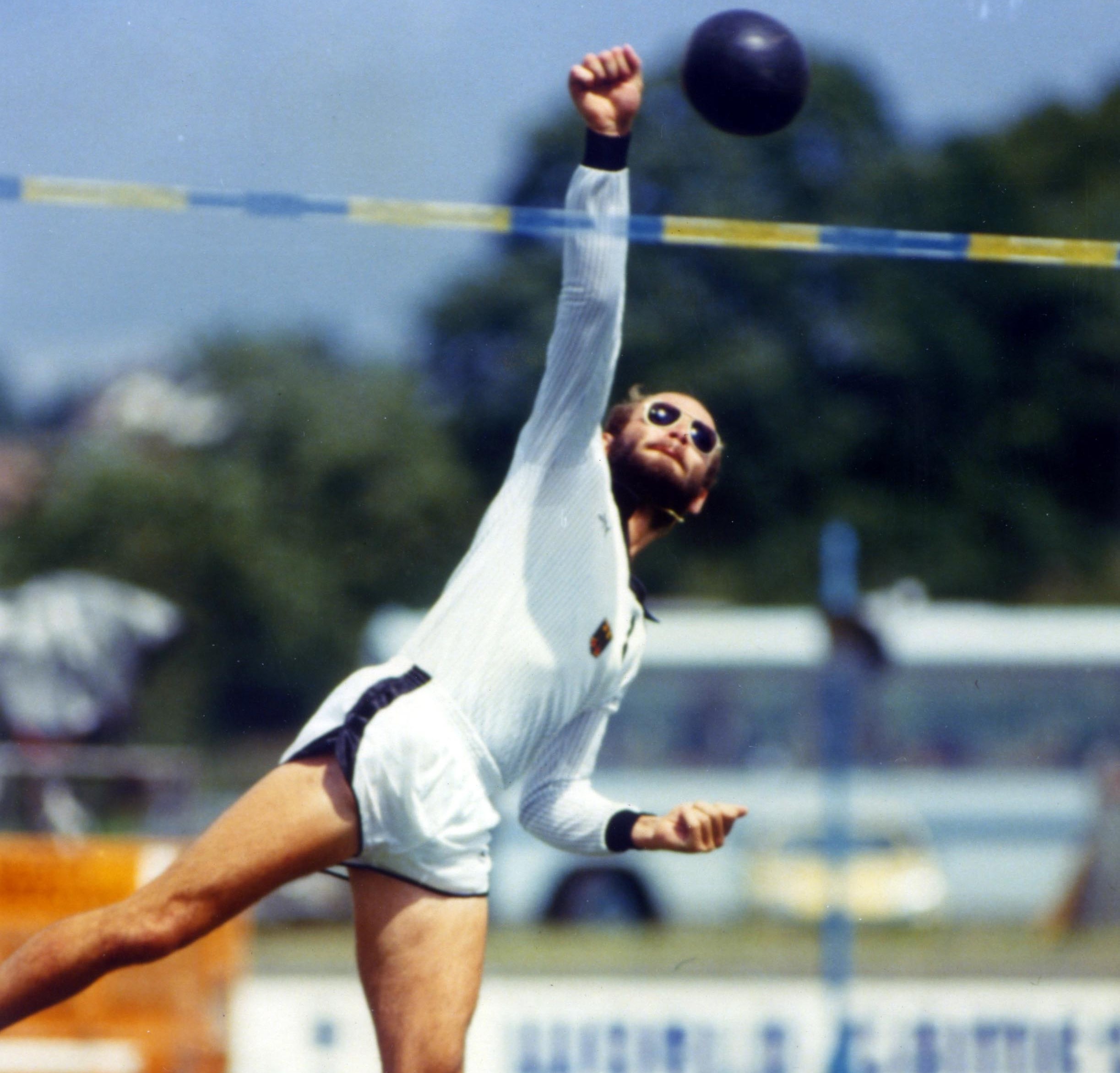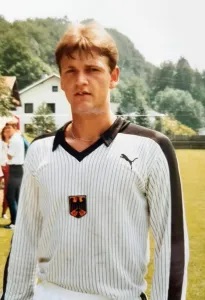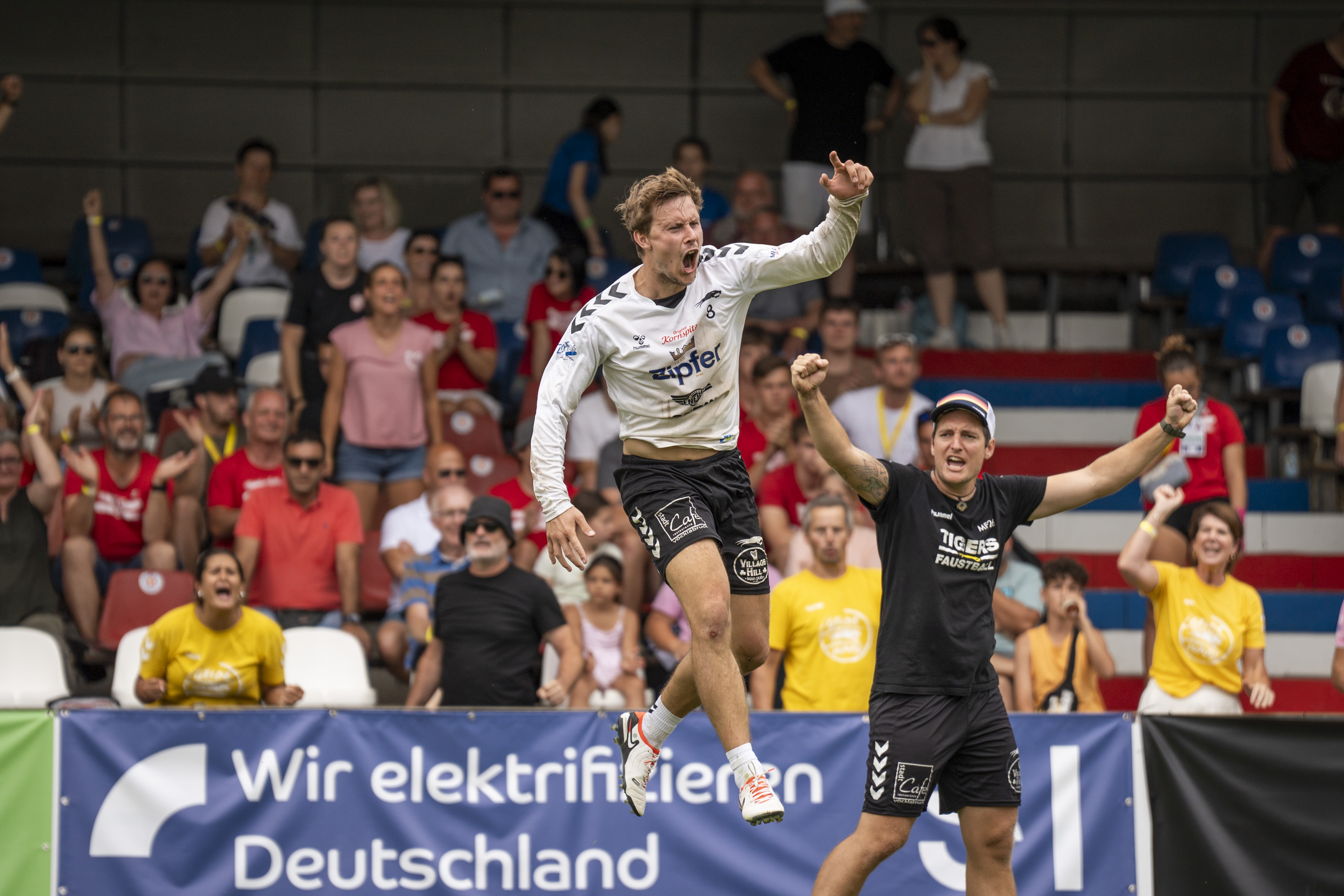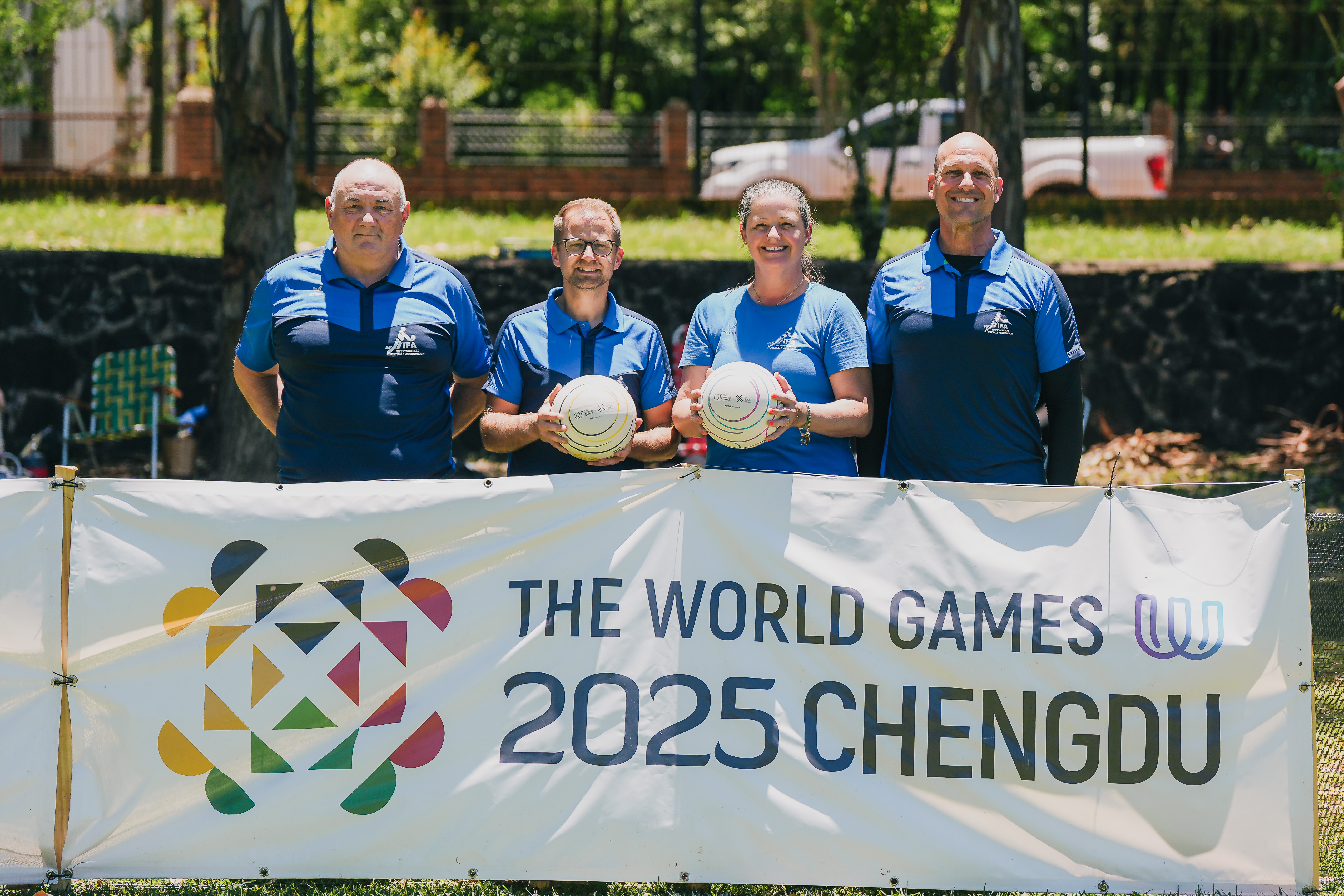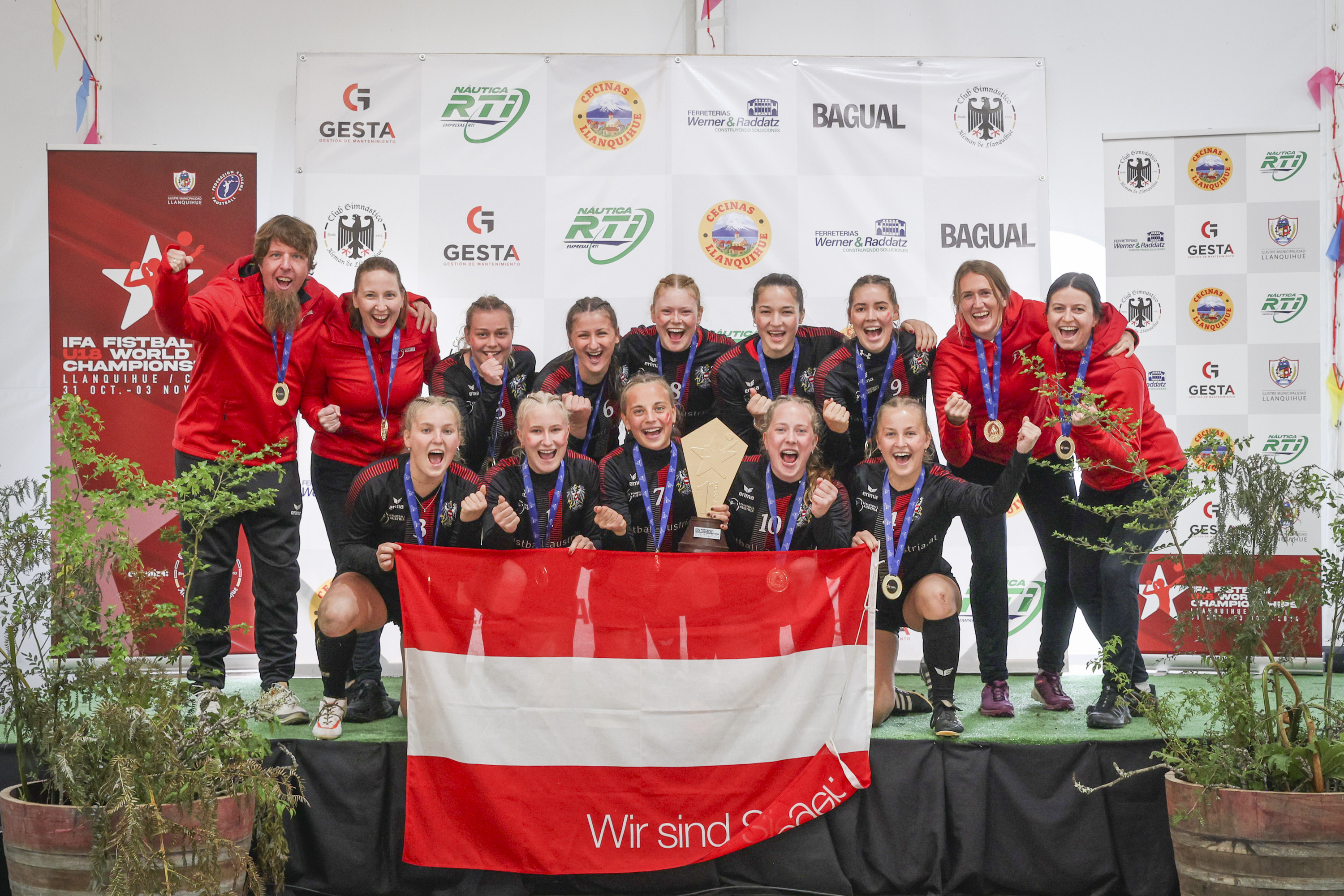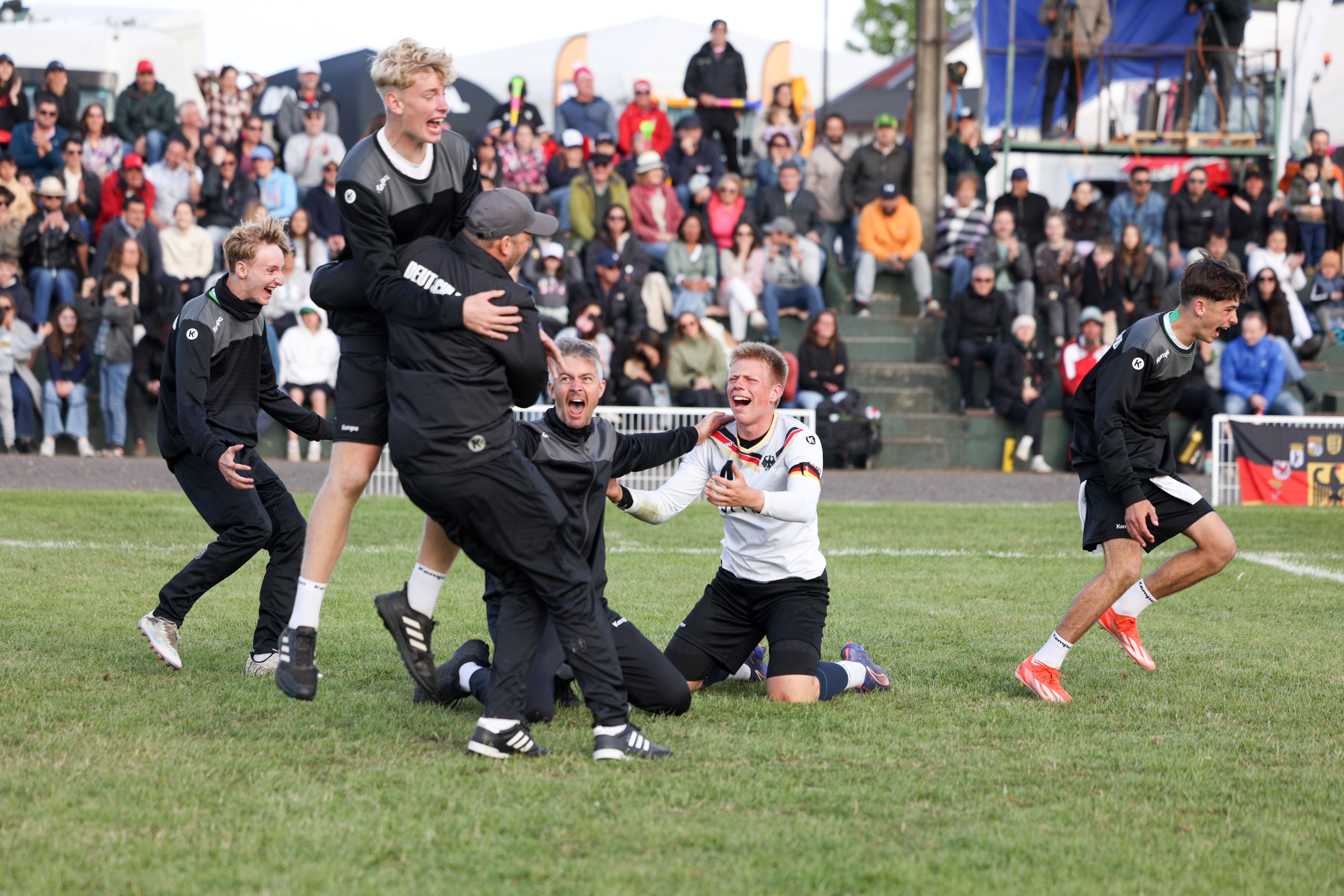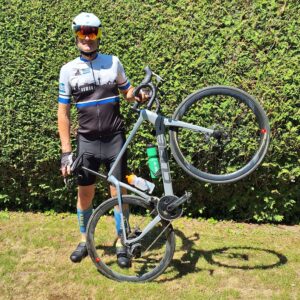 IFA President Jörn Verleger is fulfilling a dream on Sunday by competing in the Challenge long-distance triathlon in Roth for the first time. He started training late due to a back injury. His motivation comes not least from special memories of the past.
IFA President Jörn Verleger is fulfilling a dream on Sunday by competing in the Challenge long-distance triathlon in Roth for the first time. He started training late due to a back injury. His motivation comes not least from special memories of the past.
IFA President Jörn Verleger will fulfill a dream on Sunday when he competes in the long-distance Challenge triathlon in Roth for the first time. He started training late due to a back injury. His motivation comes not least from special memories from the past. The newspapers Nürnberger Nachrichten reported on his trip: “Triathlon instead of Fistball: IFA President Jörn Verleger competes in the Roth Challenge“ (https://www.nn.de/region/roth/triathlon-statt-faustball-ifa-weltprasident-jorn-verleger-tritt-beim-rother-challenge-an-1.14731117) and the Münchner Merkur ”Fistball boss on new paths” (https://www.merkur.de/sport/lokalsport/muenchen-lk/faustball-boss-auf-neuen-wegen-93800192.html)
Soccer World Cup winner André Schürrle was supposed to make his long-distance debut at Challenge Roth this year. However, the world champion’s last-minute cancellation left many fans disappointed. But numerous other athletes from different sports will be taking to the starting line in Roth, including IFA President Jörn Verleger (53).
From the spectator stands to the track
Verleger has been following the triathlon in Roth for decades. “I was there in 1996 when Lothar Leder made his legendary finish, becoming the first person to break the eight-hour mark, and I’ve watched the last runners cross the finish line many times over the years,” recalls Verleger.
Time and again, he told himself during the triathlon night that he would “run across the finish line as a competitor one day.” Now, nearly 30 years later, the time has come.
Back problems and late preparation
Training was supposed to start in January, but back problems delayed the start until April. After eight weeks of physical therapy, Verleger traveled through Japan for three weeks in March, still not completely pain-free. The decision was made on the flight back: now or never.
Immediately after landing, he headed to Saxony-Anhalt to pick up a training bike from a triathlete friend. “Until then, I didn’t have a proper bike, nor had I ever done any road bike training,” says Verleger. Today, he is pain-free and convinced that “exercise is the best medicine.”
Training between the Isar Valley and Solarer Berg
In May, Verleger completed a full lap of the original route for the first time. At the beginning of the year, his idea was still met with ridicule among his friends. Today, the team, which calls itself “Rennschnecken” (racing snails), has its own logo on freshly printed shirts, the race schedule is set, and friends are scheduled to provide support along the route.
“If everything goes well, it will take us around twelve hours – maybe a little faster, but the main goal is to arrive at the Home of Triathlon healthy and together,” says Verleger, summarizing the team’s shared motivation.
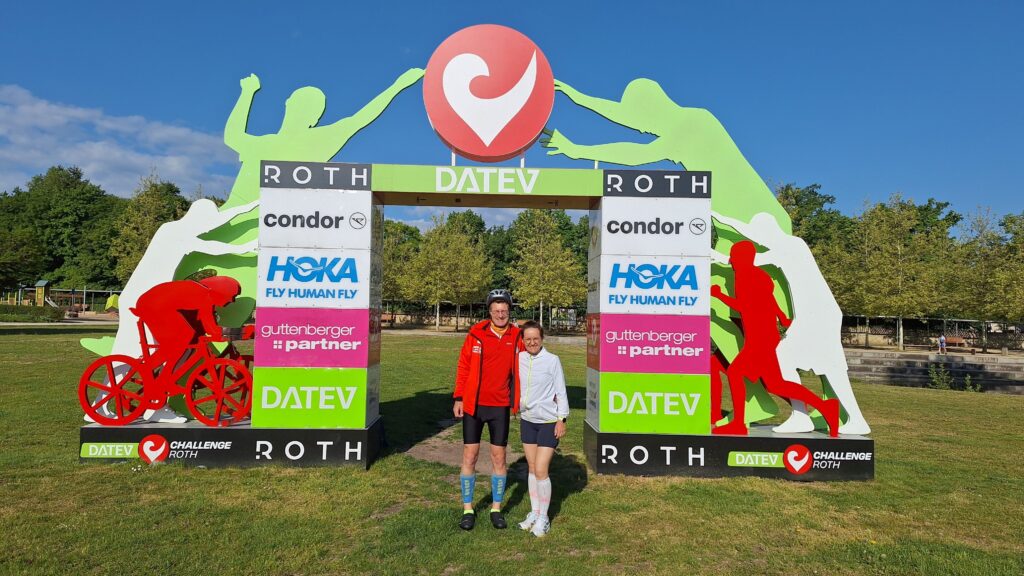
Listen also to his mini podcast series entitled “Challenge Accepted – My Relay Triathlon Diary for the Roth 2025 project” on https://open.spotify.com/show/1XoMCZThdSrfOBuKH6kUmW with four episodes about the journey to Roth.


 Deutsch
Deutsch